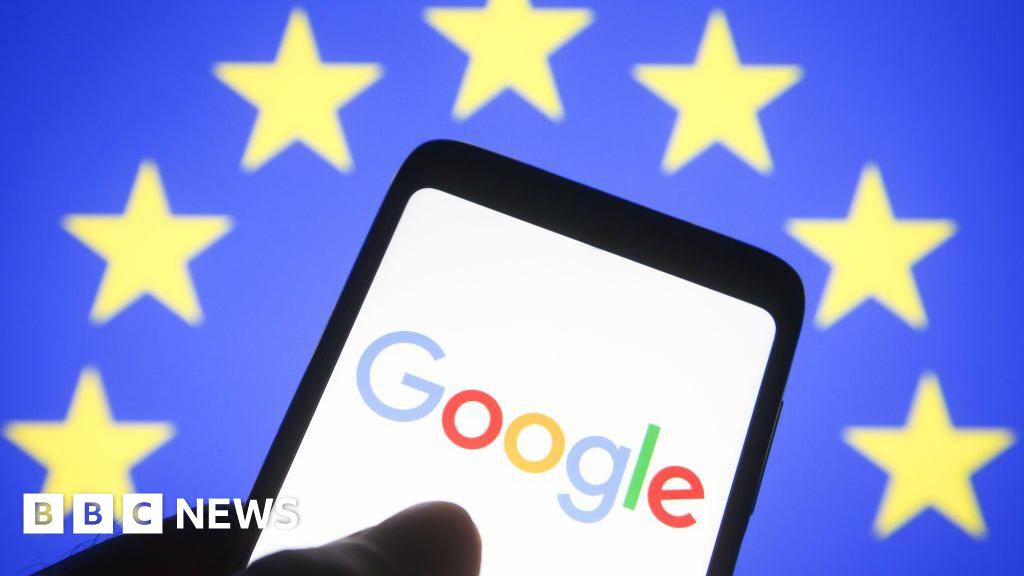Europe’s top court has ruled Google must pay a €2.4bn (£2bn) fine handed down for abusing the market dominance of its shopping comparison service.
The tech giant had appealed against the fine, which was originally levied by the European Commission in 2017.
It was at the time the largest penalty the Commission had ever imposed – though it has since been supplanted by a €4.3bn fine, also against Google.
Google said it was “disappointed” with the ruling.
It brings an end to a long-running case that was first brought by British firm Foundem in 2009, when the UK was still part of the EU.
Another of the complainants, shopping comparison site Kelkoo, called the ruling “a win for fair competition and consumer choice” in a post on X, external.
The European Court of Justice (ECJ), which made today’s judgement, said in its ruling the Commission was right to find Google’s conduct “discriminatory” and its appeal “must be dismissed in its entirety”.
It ordered Google and owner Alphabet to bear their own costs and pay the costs incurred by the European Commission.
In a statement, Google pointed out it had made changes in 2017 to comply with the European Commission’s decision.
“Our approach has worked successfully for more than seven years, generating billions of clicks for more than 800 comparison shopping services,” it said.
Anne Witt, professor of law at EDHEC Business School’s Augmented Law Institute, said it was “an important judgement”.
“This is bad news for Google, which has exhausted its legal remedies in this case,” she said – while pointing out there could be further problems ahead for the firm.
“Several follow-on actions by injured parties claiming compensation for losses suffered as a consequence of Google’s anticompetitive conduct are already pending in national courts.”
On Monday, Google was taken to court by the US government over its ad tech business – it has been accused of illegally operating a monopoly. That trial is ongoing.
Last week, UK regulators provisionally concluded Google used anti-competitive practices to dominate the market for online advertising technology.
Credit: Source link











